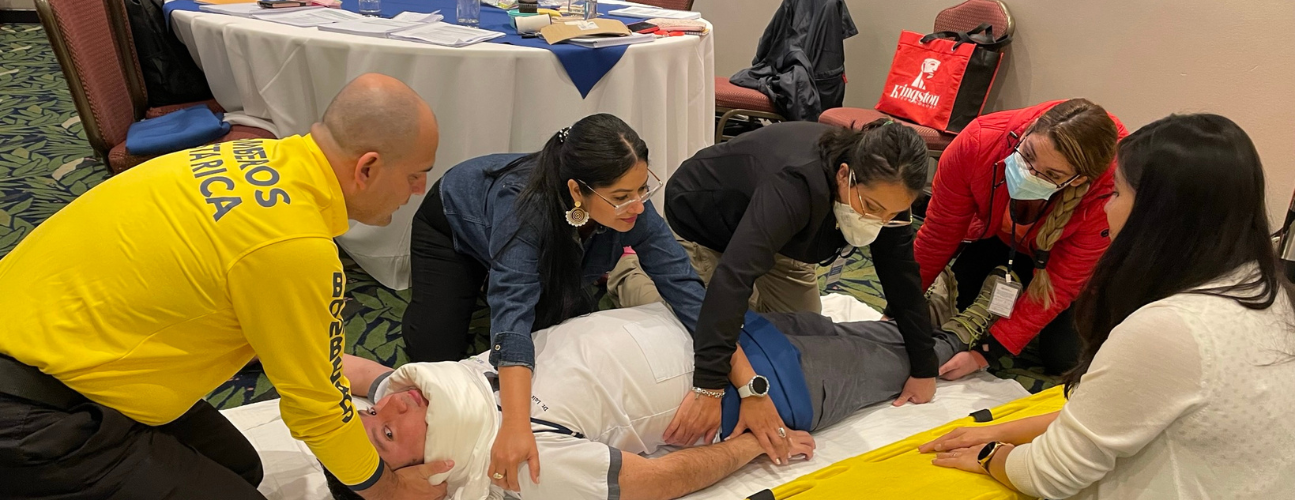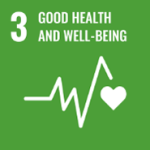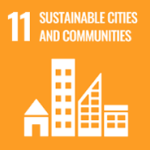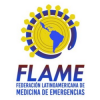
Areas of Impact
Country
In 2019, over 158,000 people died in the Americas region due to road traffic injuries (RTI) and 8.9 million years of healthy life were lost. With the aim of reducing deaths and injuries by at least 50% by 2030, the Global Plan for the Decade of Action for Road Safety 2021-2030 identifies post-crash response as one of the priority areas of work.
Participant countries include those that are part of the Regional Strategy to Accelerate the implementation of the Global Plan for the Second Decade of Action for Road Safety 2021-2030 (i.e. priority countries of PAHO’s Strategic Plan 2021-2025, high RTI mortality rate, with resources available to work on road safety). Additionally, countries that have shown interest in emergency care. These countries may include, but are not limited to, Belize, Bolivia, Costa Rica, Honduras, Jamaica, Mexico and Paraguay.
In 2023, comprehensive assessments have been conducted in Belize, Costa Rica, Jamaica, and Paraguay. Other countries will be invited to conduct an Emergency and Critical Care Systems Assessment (ECCSA) using WHO's tool. ECCSA serves as a great starting point to identify gaps and needs, helping countries develop a roadmap with context-specific targeted solutions. This allows them to identify the necessary changes to strengthen emergency care comprehensively. Additionally, PAHO/WHO will identify technical cooperation opportunities in these contexts.
WHO has developed different tools to support local efforts in emergency, operative and critical care. WHO’s Emergency Care Toolkit is an open access bundle of interventions, developed to be implemented in acute care settings, particularly in low- and middle-income countries. The toolkit aims to facilitate systematic care of acutely ill and injured patients within health facilities. It includes capacity building programmes, data collection tools, protocols, WHO’s UHC Service Package Delivery and Implementation tool, and best practices to improve EC-related legislations. These tools have been implemented in over 60 countries across multiple resource settings and have shown measurable impact on morbidity and mortality.
The Toolkit is designed to make the best use of available resources to optimize health outcomes for emergency patients in health facilities, and to strengthen emergency care systems for both day-to-day emergencies and surge response. All these tools will be discussed with local authorities and, depending on local needs and gaps, will be implemented in countries.
1
CONDUCT COUNTRY-BASED ASSESSMENTS (ECCSA) IN 3 TO 4 COUNTRIES.
2
PROMOTE THE WHO EMERGENCY CARE TOOLKIT (ECT) IN THE PRIORITY COUNTRIES.
3
IMPLEMENT AT LEAST ONE ECT RESOURCE IN EACH OF THE PARTICIPATING COUNTRIES.
4
PROMOTE A CASCADE IMPLEMENTATION OF THE WHO/ICRC BEC COURSE.
5
SUPPORT 2-3 BEC TRAIN OF TRAINERS (TOT) IN THE PARTICIPATING COUNTRIES TO INCREASE THE REGIONAL AVAILABILITY OF FACILITATORS.
6
SUPPORT PARTICIPATING COUNTRIES IN STRENGTHENING DATA COLLECTION IN EMERGENCIES UTILIZING THE WHO CLINICAL REGISTRY AND THE STANDARDIZED CLINICAL FORMS.
The objectives will be achieved through a stepwise approach within each one of the participating countries following the next steps:
- Country engagement and stakeholder analysis;
- Needs assessment (ECCSA): the baseline for the country situation that will allow M&E changes overtime;
- Roadmap development;
- Implementation of interventions selected by each country, based on local priorities and consensus;
- Program monitoring and evaluation.







